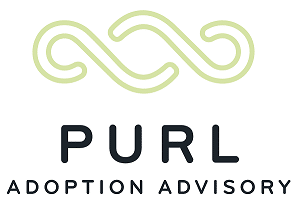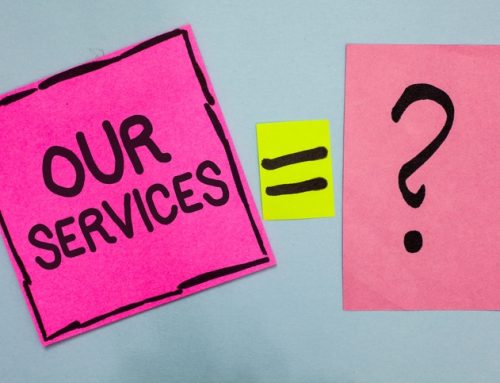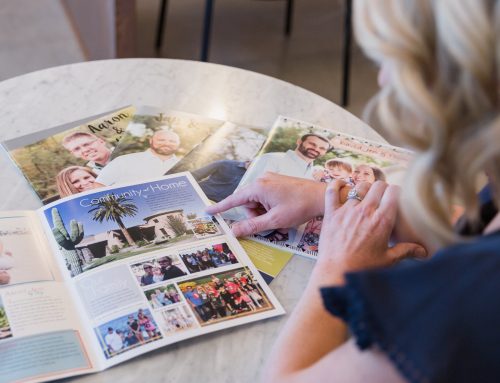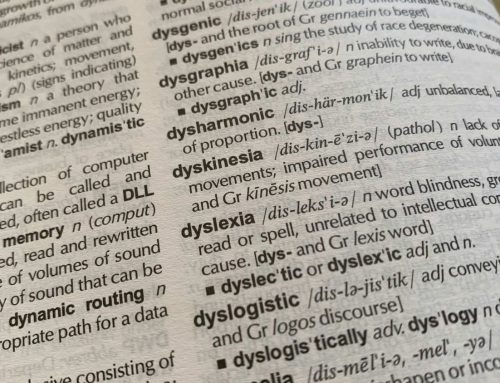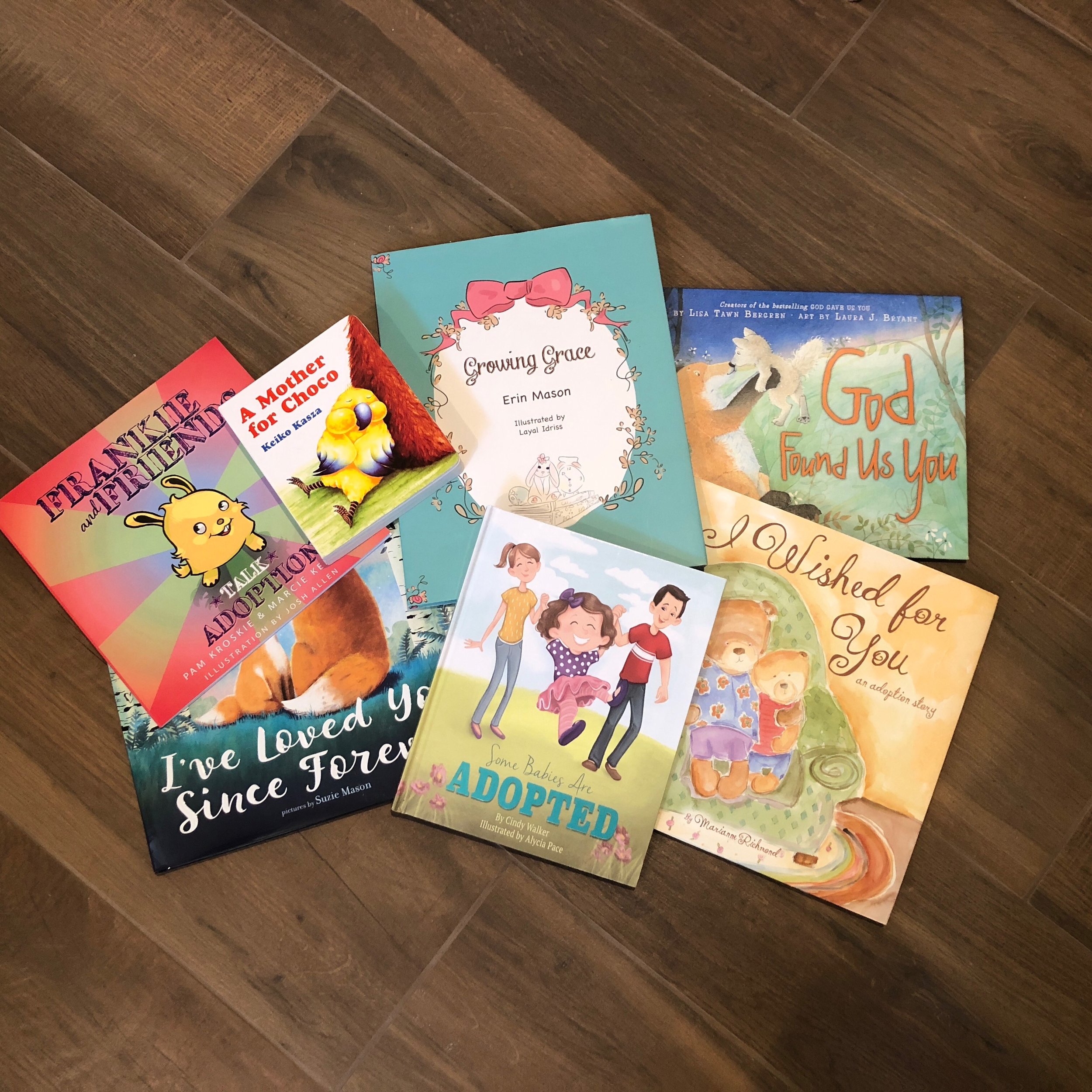
Are you a parent who educates your child about diversity, in many different forms? Maybe you talk to your children and prepare them for meeting individuals of different races, cultures, sexual orientations, or even people with various disabilities, so that your child doesn’t say something hurtful or insensitive unknowingly? One thing that is often left out of that dialogue by parents is educating children about families that are formed through adoption. Most kids, and even many teachers, don’t know or forget that it is common for families to be made this way in the U.S., even when the adoption may not be visible to the naked eye.
Most schools have an assignment in elementary education where a child must make their family tree. This is an assignment that is dreaded by many families formed through adoption, in part because not all teachers are including education on how a family tree can look very different if a child is adopted. An adoptee’s family tree will typically consist of the birth family and the adoptive family’s genealogy, which can often bring up questions and insensitive comments from classmates who aren’t educated and aware of adoption. In fact, most adopted people I know have experienced bullying regarding their adoption at one time or another, statements like “why didn’t your real mom want you?”. It can be lonely enough for adoptees, who might already be experiencing grief or abandonment issues due to their adoption story, so we need to do what we can as parents to help educate our children, without exposure to adoption, to lessen this type of insensitivity in our home and schools.
One way of educating your young child about adoption is by incorporating books about children who are adopted into your child’s library. We recently purchased a great book, Some Babies Are Adopted by Cindy Walker, and both of our daughters (adopted and biological) love to read it. That is just one of many books on adoption that are staples in our children’s libraries, a few others we recommend are: We Belong Together, A Book About Adoption and Families by Todd Parr and A Mother for Choco by Keiko Kasza, as well as the countless other adoption books shown in the picture above (probably only half of the adoption-related children books in our library) . We talk a lot about adoption in our family because it is special to our family’s makeup, but we hope that even families that are not formed through adoption will begin a dialogue about adoption in their homes. We may even be able to prevent some of the insensitivity or bullying that happens in our schools and playgrounds about adoption.
If you are an adoptive parent who is dreading the family tree assignment, check out 5 Creative Family Trees for Children Who Were Adopted or How to Handle Adoption in the Family Tree. We also recommend Frankie and Friends Talk Adoption, by Pam Kroskie and Marcie Keithley, to get your child to open up about adoption related topics.

Are you a parent who educates your child about diversity, in many different forms? Maybe you talk to your children and prepare them for meeting individuals of different races, cultures, sexual orientations, or even people with various disabilities, so that your child doesn’t say something hurtful or insensitive unknowingly? One thing that is often left out of that dialogue by parents is educating children about families that are formed through adoption. Most kids, and even many teachers, don’t know or forget that it is common for families to be made this way in the U.S., even when the adoption may not be visible to the naked eye.
Most schools have an assignment in elementary education where a child must make their family tree. This is an assignment that is dreaded by many families formed through adoption, in part because not all teachers are including education on how a family tree can look very different if a child is adopted. An adoptee’s family tree will typically consist of the birth family and the adoptive family’s genealogy, which can often bring up questions and insensitive comments from classmates who aren’t educated and aware of adoption. In fact, most adopted people I know have experienced bullying regarding their adoption at one time or another, statements like “why didn’t your real mom want you?”. It can be lonely enough for adoptees, who might already be experiencing grief or abandonment issues due to their adoption story, so we need to do what we can as parents to help educate our children, without exposure to adoption, to lessen this type of insensitivity in our home and schools.
One way of educating your young child about adoption is by incorporating books about children who are adopted into your child’s library. We recently purchased a great book, Some Babies Are Adopted by Cindy Walker, and both of our daughters (adopted and biological) love to read it. That is just one of many books on adoption that are staples in our children’s libraries, a few others we recommend are: We Belong Together, A Book About Adoption and Families by Todd Parr and A Mother for Choco by Keiko Kasza, as well as the countless other adoption books shown in the picture above (probably only half of the adoption-related children books in our library) . We talk a lot about adoption in our family because it is special to our family’s makeup, but we hope that even families that are not formed through adoption will begin a dialogue about adoption in their homes. We may even be able to prevent some of the insensitivity or bullying that happens in our schools and playgrounds about adoption.
If you are an adoptive parent who is dreading the family tree assignment, check out 5 Creative Family Trees for Children Who Were Adopted or How to Handle Adoption in the Family Tree. We also recommend Frankie and Friends Talk Adoption, by Pam Kroskie and Marcie Keithley, to get your child to open up about adoption related topics.
